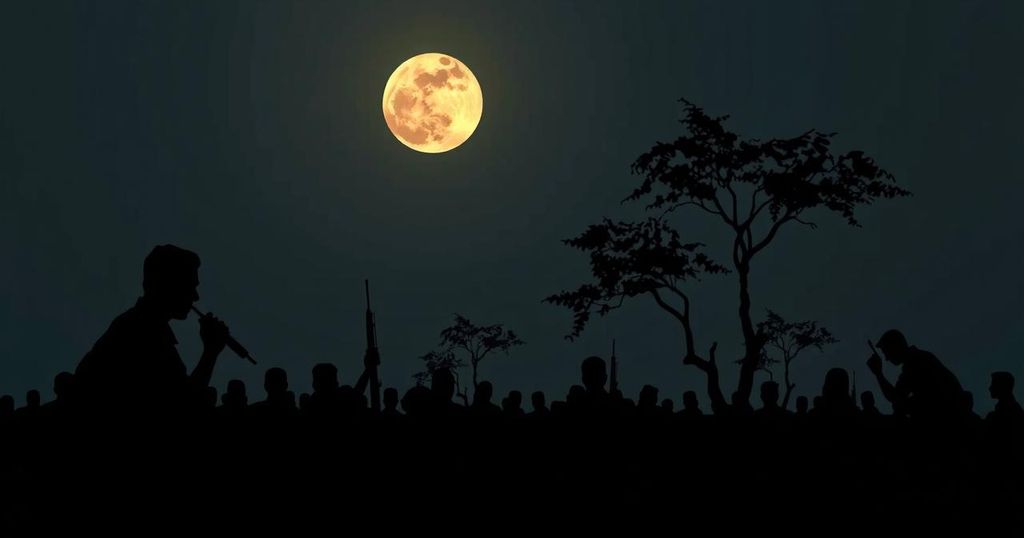Navigating Myanmar’s Civil War: A Sensitive Approach Needed
Myanmar has been entrenched in a civil war for several decades, and recent developments have once again brought the conflict to the forefront. The Three Brotherhood Alliance (3BHA), comprising the Myanmar National Democratic Alliance Army (MNDAA), Ta’ang National Liberation Army (TNLA), and Arakan Army (AA), initiated “Operation 1027,” representing a significant escalation in armed resistance against the military junta. As the situation continues to unfold, there are intricate geopolitical and humanitarian considerations that must be meticulously addressed.
China’s involvement in the conflict has added another layer of complexity. With significant economic interests and investments in Rakhine state, China has taken proactive steps in establishing ties with the 3BHA and facilitating negotiations between the armed ethnic organizations (EAOs) and the military junta. Furthermore, the regional rivalry between China and India has further complicated the situation, as both nations hold substantial economic stakes in Myanmar.
The ramifications of the civil war are also being felt beyond Myanmar’s borders. Bangladesh, for instance, has encountered the tragic consequences of the conflict, with mortar shells crossing into its territory and the forced displacement of Myanmar army and border police fleeing the conflict.
One of the primary challenges in navigating this intricate situation is the need to balance the economic interests of neighboring countries and the humanitarian needs of those impacted by the conflict. The delicate task of repatriating Rohingya refugees and addressing the territorial integrity of Myanmar necessitates a carefully considered and rational approach.
The uncertainties surrounding Myanmar’s territorial integrity, the emergence of the National Unity Government (NUG) in exile, and the escalating tensions between different ethnic and religious groups within Myanmar all contribute to the complexity of the situation. The potential for the country to undergo Balkanization or fragmentation further emphasizes the need for a nuanced approach.
In addressing the presence of Myanmar troops entering Bangladesh, strict adherence to international humanitarian laws, such as the Hague and Geneva Conventions, is indispensable. These laws offer clear guidelines for handling soldiers or belligerents seeking refuge in other countries and can serve as a legal framework for repatriation efforts.
Regardless of the outcome of the conflict in Myanmar, it is essential to prioritize the repatriation of Rohingya refugees and ensure that national interests are not compromised in the process. Maintaining a neutral stance and seeking guidance from international humanitarian laws can facilitate a sensitive and sensible approach to addressing the civil war in Myanmar.
As the situation continues to evolve, it is imperative to consider the expert opinions and analyses of professionals who are closely monitoring the developments in Myanmar. By engaging in informed discussions and staying abreast of the latest insights, policymakers and stakeholders can make well-informed decisions that prioritize the welfare of those affected by the conflict.
In conclusion, the civil war in Myanmar demands a delicate and measured response that takes into account the complex geopolitical, humanitarian, and legal considerations at hand. By approaching the situation with sensitivity and rationality, it is possible to navigate the challenges posed by the conflict while upholding the principles of international law and human rights.
Dr. Mohammad Tanzimuddin Khan, a professor at the Department of International Relations at Dhaka University, has provided critical insights into the multifaceted nature of the conflict in Myanmar. His expertise and nuanced analysis shed light on the complex dynamics at play and offer valuable guidance for addressing the civil war with care and consideration.








Post Comment